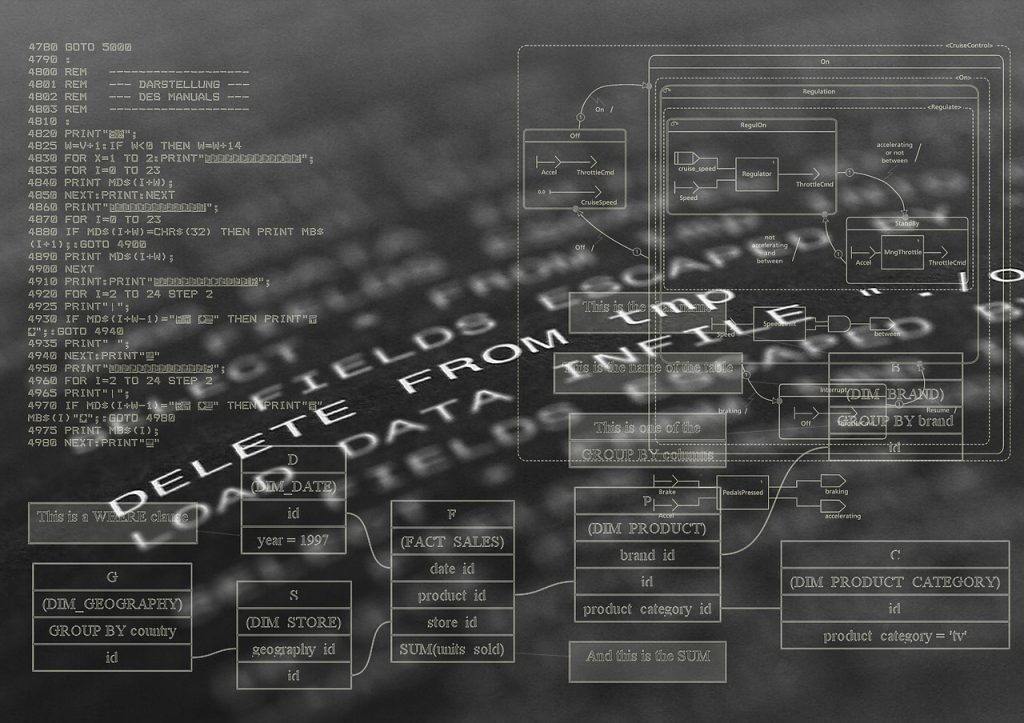
Corporate Freedom and Corruption Risk Management
*This is an AI-powered machine translation of the original text in Portuguese
The creation of a law or its regulation is always directed towards future events. This basic rule is constantly threatened by current impulses and pressures, as is the case in the current context of corruption investigations in the country, whose nuances have sparked public debate about the nation's morality, bringing a popular outcry for urgency in punishing past behaviors, which is not congruent with legislative activity.
The major innovation of the Anti-Corruption Law (Law 12.846/13) lies in the administrative punishment of legal entities through objective liability. To contemplate this innovation, certain premises are important.
First, we must abandon the habit of considering infractions as a lack of rights. The law's premise is not that corruption exists outside the law, but that it occurs and, therefore, has its consequences delimited by the law. When a company is held accountable for acts committed in its interest or benefit (Article 2), even if it did not contribute to them, the foundation and legitimacy of the punishment lie in an allocation of risks that reflects a certain public policy. The law does not exclude corruption. The real question is: considering that acts of corruption will probably occur, who should bear the social costs generated by it? The solution provided by Law 12.846/13 for acts related to service provision or contracts with public entities is that the financial burden will be largely borne by the contracting companies.
Second, precisely because this risk allocation occurs for companies, the State must provide the means for them to incorporate and manage these risks in their activities, specifying criteria that guide the applicability of sanctions so that, through their preventive conduct, the company can avoid or at least minimize the degree of accountability. Otherwise, there would be a serious violation of individual freedom, which in the constitutional economic order is translated into free enterprise (Article 170, heading).
Third, the imposition of penalties must respect the constitutional principle of equality in the individualization of penalties (Article 5, heading and XLVI, which also applies to administrative punishment (Article 37, heading), a particularly delicate issue for the application of the Law, which decentralizes the punitive power and allows for wide discretion with fines ranging from 0.1% to 20% of the company's revenue.
With these three premises, it is easy to see the central position occupied by the regulation of "internal integrity mechanisms and procedures," the so-called compliance. More than just a criterion for measuring sanctions, it expresses the mechanism made available by the law for the company to manage the corruption risks allocated to it. The detailing of compliance criteria, carried out by the recent Decree 8.420/2015, fulfills not only the State's duty, provided for in Article 7, sole paragraph of the Anti-Corruption Law but also creates effective conditions for companies to exercise their freedom in managing the risks allocated to them. In addition, specifying the parameters for measuring penalties, with precise thresholds that limit and condition administrative discretion, provides an effective condition for exercising punitive power in an equal manner by the multitude of empowered authorities. Thus, without affecting the validity of the provision in the Anti-Corruption Law for administrative violations for acts of corruption from which companies benefit, the regulation by Decree 8.420/2015 provides the necessary effectiveness, creating the conditions that were lacking for the applicability of sanctions.
Moving away from the moral weight brought by recent events involves recognizing that corruption will continue to exist, despite legislative and administrative efforts; that holding companies accountable does not imply ethical condemnation, but only an allocation of risks inherent to their activity; that the objective imposition of pecuniary sanctions on companies presupposes that they have access to the criteria for their application beforehand, particularly regarding what is at stake and what they can do to avoid or mitigate their liability. And fundamentally, it is a reminder that laws are created in the abstract for future application and not to address particular demands.
*Co-authored with Tércio Sampaio Ferraz Júnior. Originally published in Conjur.
*Image master1305



